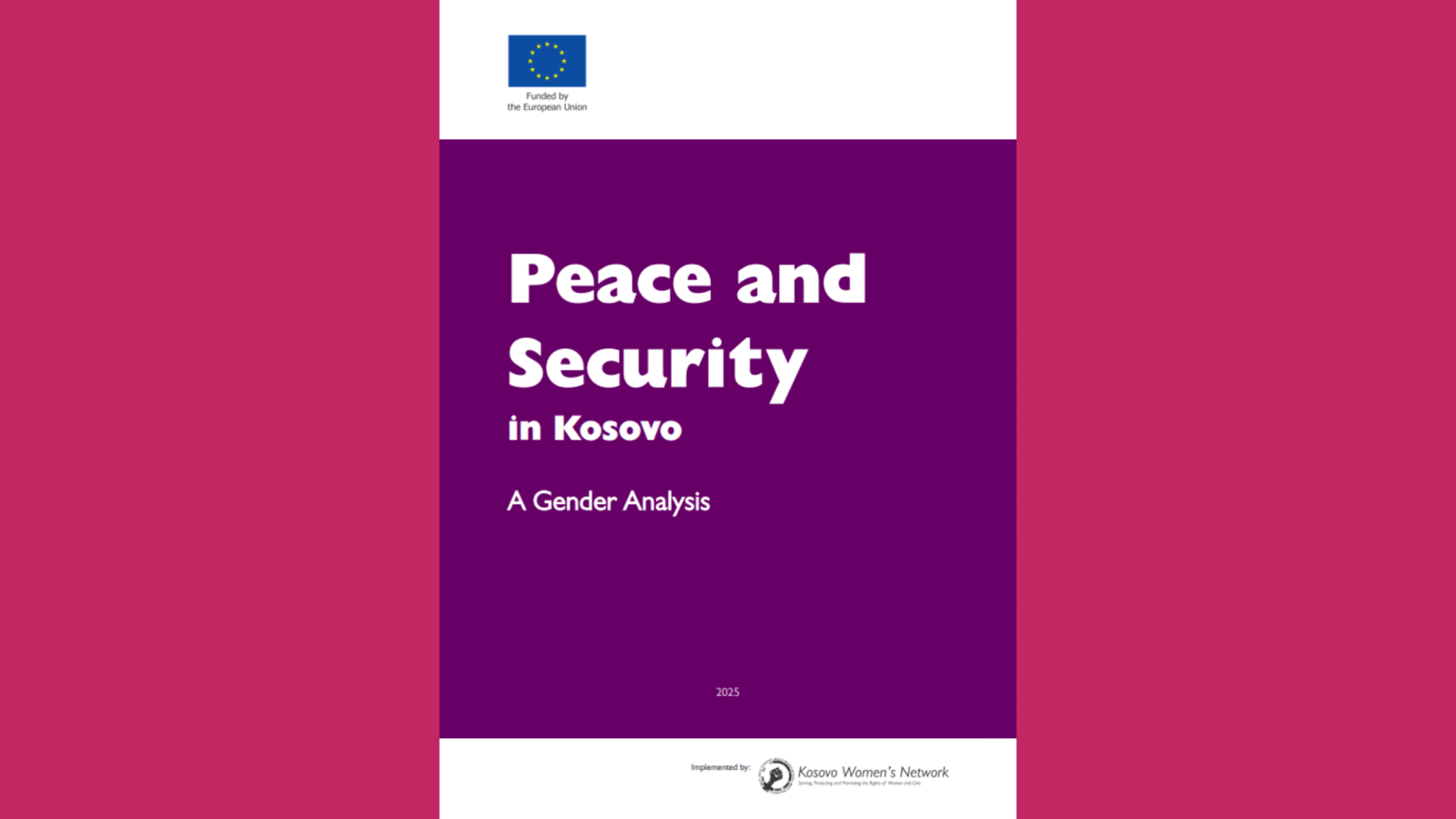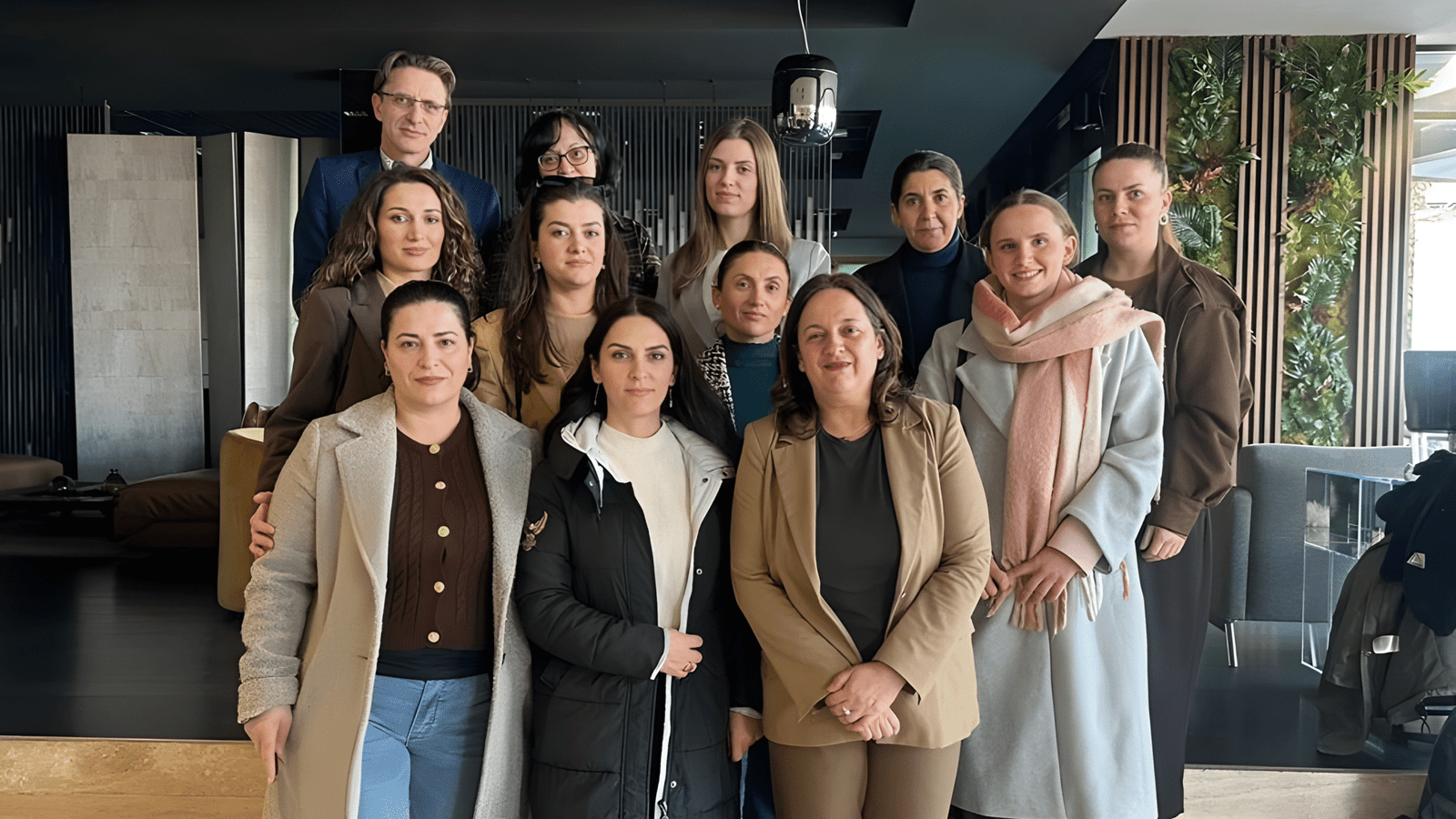Kosova Rehabilitation Centre for Torture Victims (KRCT) is a Non-Governmental Organization founded in 1999, which its mission is to protect, enable and promote fundamental human rights, in particular torture survivors as well as other forms of violence, fulfills through treatment and multidisciplinary rehabilitation, through socio-economic development, advocating for legal and institutional reform as well as providing justice for victims in one form or another who have been part of direct or indirect violence. KRCT’s journey began during the war in Kosovo where Feride Rushiti, now Executive Director of the organization, was committed to help the Kosovo refugees. At that time, she has been coordinator of several projects of the Albanian Centre for Rehabilitation of Torture and Trauma in Albania, where the activity began. Her work during this time was mostly volunteer work, and after the war they returned to Kosovo and set up the initiative with associates Jens Modvig and Sibylle Rothkegel to establish KRCT.
KRCT is the first professional non-governmental organization in the field of mental health, which deals with victims of trauma, torture, and different kinds of violence. Due to targeting vulnerable groups, the organization has gone through various challenges and these days are still fighting against the stigmatization of victims of violence. KRCT is supported by international donors, as well as during the time when President Atifete Jahjaga was in post, they have cooperated in various projects, especially with regard to victims of sexual violence, where KRCT has had a leading and important role in that segment.
KRCT strongly advocated for victims of sexual violence, by introducing this category in the changing amendments to the Law on Status and Rights of Martyrs, Invalids, Veterans, members of the Kosovo Liberation Army, Victims of Sexual Violence War Victims civil and their Families, a law that since two years of its approval has not been implemented. Lately, KRCT has promoted the lack of enforcement of this law in a campaign on June 26 that they organize every year, on the International Day of Torture, insisting on the functioning of the Verification Commission, as it is provided by law.
Among other things, the organization holds trainings and seminars on documentation and awareness of sexual violence during the war in Kosovo, where the documentation of data is preserved at a high level of privacy and has also led the preparation of the application form for the realization of the status of victims of sexual violence during the war.
Therefore, the organization has expanded their activities in other municipalities such as Skënderaj, Vushtrri, Suharekë and Drenas, where this last year the women of that region were helped, while supporting and empowering them in various forms, so they can return to daily life again and be masters of their own. KRCT has also consistently supported the establishment of a local organization in Drenas, which was accomplished this year and now they organize activities such as sewing and handiwork, so that victims of torture can go back to daily life and to promote their work. In the span of 17 years, except those who have received regular systematic assistance, over 10,000 people have benefited from KRCT, taking regular services like checkups, medication and counseling, as well as within the rehabilitation treatment is a multidisciplinary composed by psychologists, psychiatrists, gynecologists and KRCT social workers. KRCT is the first organization that provides psychological assistance and psycho-social services for refugees and asylum seekers in Kosovo. For three years they have been monitoring the Center for asylum seekers and the Retention Center for Foreigners. In this context, KRCT monitors the border crossings throughout Kosovo. Also, does the advocacy within the framework of the Law on Asylum.
KRCT monitors the correctional centers, detentions, monitors the police stations, the freedom of assembly’s, monitors the centers and institutions of mental health and social care. They also monitor the hearing sessions in cases of detention where detainees are offered legal advice from a complete team of experts. KRCT, while contributing with reviews, recommendations and evaluations has advocated strongly in the approval of the Mental Health act that was enforced in November 2015.
KRCT also offered 75 training courses on managing stress at work and psychosocial training where 1133 primary health care professionals (family doctors and nurses) have benefitted.
KRCT has offered a draft guideline to Kosovo Correctional Service that sets the rules and the basic principles for the functioning of the internal complaints mechanism. During 2012-2014 in cooperation with the Danish institution "Dignity", training for health care in correctional institutions has been provided.
In a word KRCT is committed for a torture-free society where human rights and fundamental freedoms are respected fully.

.jpg)





